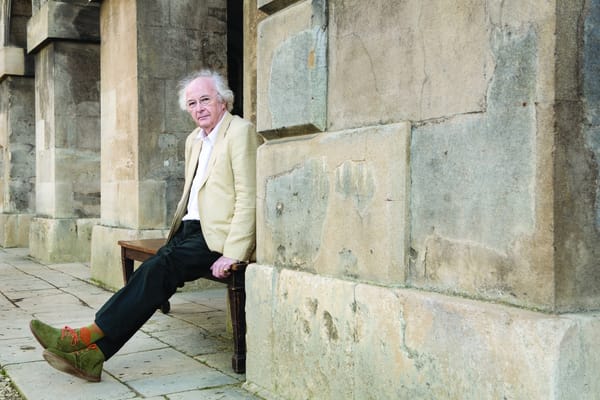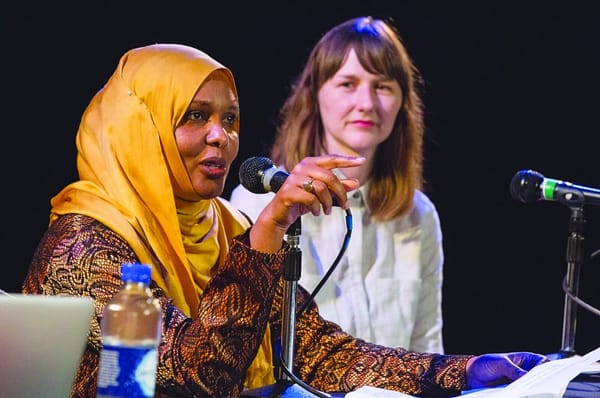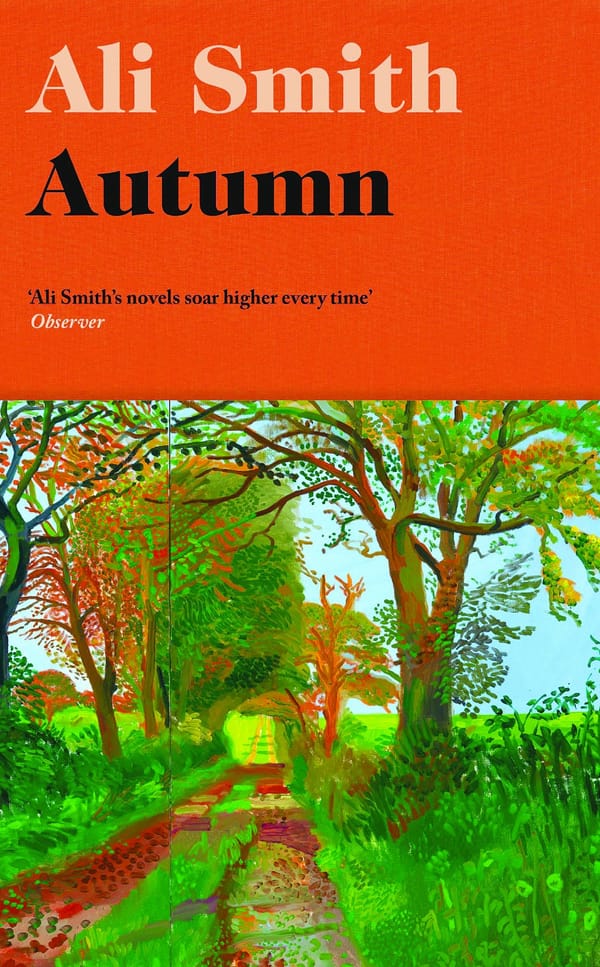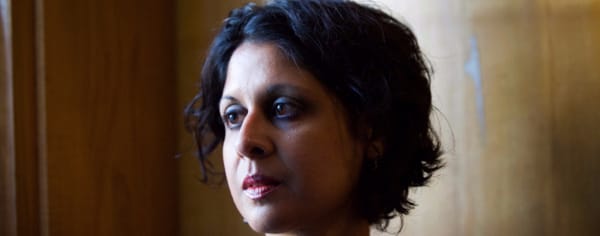Immerse yourself in the tumultuous sea of this 20th century historical drama
Books writer Pavan Inguva explains why Yukio Mishima’s Sea of Fertility tetralogy is an exciting blend of history, personal experience and philosophy.

A lot of great literature has served as excellent snapshots into the culture and attitudes of the society that the author describes. Yukio Mishima’s Sea of Fertility Tetralogy is a perfect example of that. The tetralogy consists of Spring Snow, Runaway Horses, The Temple of Dawn, and The Decay of the Angel, in that order, and while I have sadly only read two of the four thus far, that was enough to leave a profound impression on me.
Mishima constructs a narrative centred around the characters of Shigekuni Honda, an aspiring law student who becomes a respected lawyer then judge, and Kiyoaki Matsugae, who appears in the first book as a fellow student born to an aristocratic family, but is reincarnated as various other characters in subsequent books. In constructing the story, what I found remarkable is how Mishima weaves both strands of his own personal life and the flavour of Japan throughout the 20th century into a sublime read. Mishima’s prolific output of great works and standing have led to him being nominated for the Nobel Prize in Literature twice and the Mishima award was named in his honour.
Spring Snow was set in 1912 – the beginning of the Taisho period, which followed on from the Meiji era, a time of significant change to the fabric of Japanese society through modernisation and the increasing influence of Western thought. The details and broader analysis of the Meiji era are well explored and documented in various works, but any meaningful discussion of it would be beyond this review. However, I encourage interested readers to review 20th century Japanese history for their own pleasure and perhaps an enhanced appreciation of the series.
Mishima developed an ensemble of characters in the entire series besides Kiyoaki and Honda, and these characters and their own attitudes and actions shed light on the spectrum of opinions held towards the zeitgeist of the series’ setting (1912-1975). For instance, we can see how Kiyoaki’s father, Marquis Matsugae, initially a preeminent nobleman in Spring Snow, goes on to occupy a much humbler status in Runaway Horses and subsequently even loses his estate, demonstrating the changing fortunes of different characters and reflecting the state of flux of 20th century Japan.
Mishima’s own life is also quite fascinating, to say the least, and this translates into his writing. He was born into an upper middle-class family and had a strong footing in the samurai ethos. The setting for first book was in his own alma mater, the Peers School, and Kiyoaki’s proclivities to ‘beauty’ in existing are clear references to his own life. Mishima’s romantic life was not so straightforward, having been temporarily involved with the current empress of Japan and also being reported as bisexual. His sexuality was explored in his other work, Confessions of a Mask, though his wife consistently denied this charge. Within the Sea of Fertility tetralogy, elements of his own romantic experiences are quite evidently used in developing the plot of the first book where Kiyoaki’s romantic interest was betrothed to a prince in the royal family which then catalysed his own passion. As is with such fiery passions, it eventually consumed him, resulting in his death. Mishima’s own thoughts and ideologies more significantly shape the narrative of the second book. Mishima held strongly nationalistic views and firmly believed in the divinity of the Emperor of Japan. He also felt that modern developments of industry had pernicious effects on Japan.
After submitting the final chapters of the entire series to his publishers, Mishima proceeded to attempt a coup d’état to inspire restoration of power to the Emperor on the same day. Ostensibly the coup failed and Mishima proceeded to commit ritual suicide after giving a speech to troops in a Japanese military base that his militant group had occupied. In Runaway Horses, Kiyoaki’s reincarnate, Isao Iinuma, also develops a similarly strong nationalistic fervour and plots to launch a campaign to ‘purify Japan’, failing which Isao also commits suicide in a dramatic fashion. Runaway Horses was published in 1969, more than a year before Mishima’s own suicide, giving the impression that Mishima had foreshadowed his own death.
The series also contains a strong philosophical bent, with Mishima exploring human nature through the characters and how they react to the events unfolding. Honda for example was initially characterised as a highly logical person, which manifested itself in his choice to pursue law. However, when confronted with Kiyoaki’s reincarnation, his person was profoundly altered and his thought process was well documented throughout. Aspects of Zen Buddhism and the philosophy of reincarnation, among other complex ideas, are explored, particularly in the third book – I am very excited to get started on that. Admittedly, I am unable to do justice to the intellectual force of the series in this short review but I hope Mishima’s own words will speak for themselves:
“If we look on idly, heaven and earth will never be joined. To join heaven and earth, some decisive deed of purity is necessary. To accomplish so resolute an action, you have to stake your life, giving no thought to personal gain or loss. You have to turn into a dragon and stir up a whirlwind, tear the dark, brooding clouds asunder and soar up into the azure-blue sky.” –Runaway Horses









